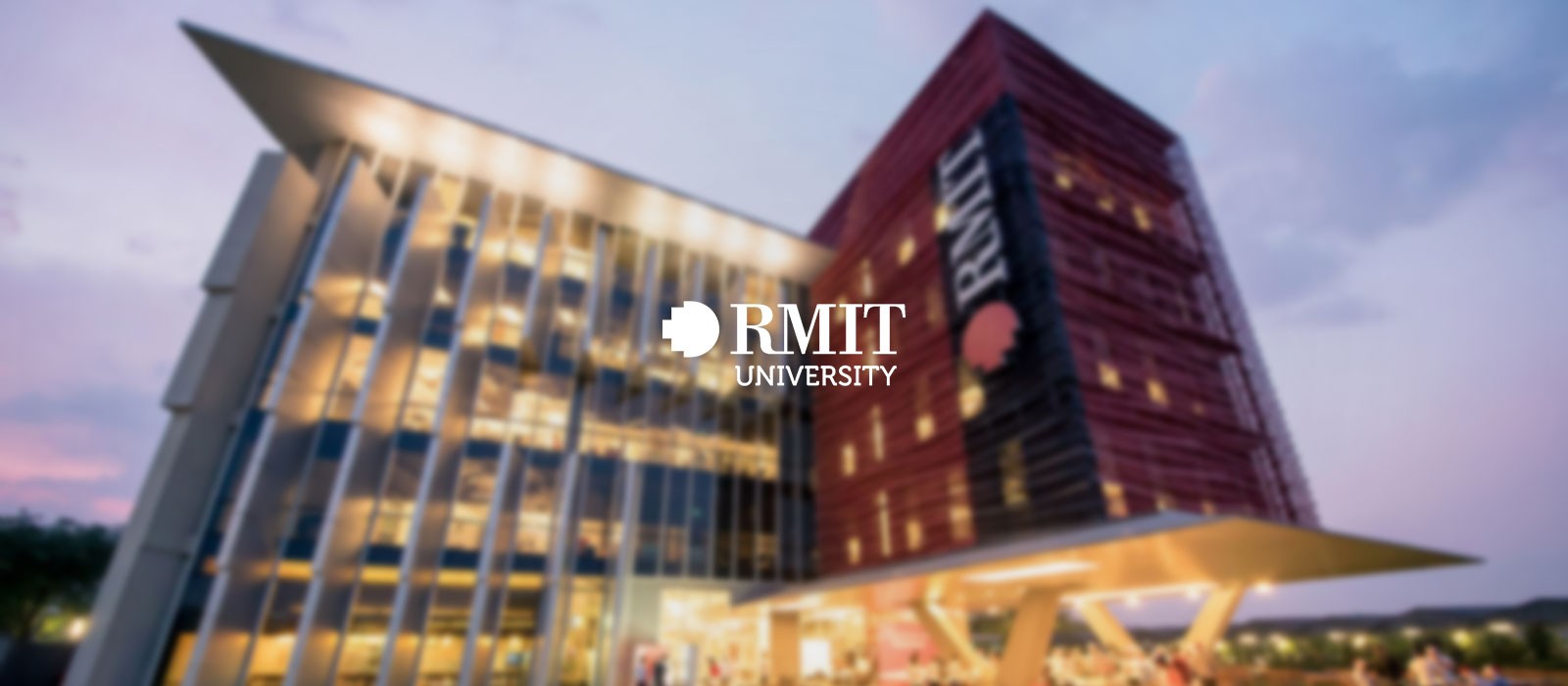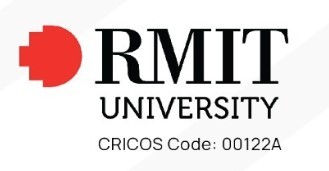
Bachelor of Engineering (Chemical Engineering) (Honours)


Overview
Duration
FULL-TIME 4 YEARS
FULL-TIME 4 YEARS
Scholarship
YES
YES
Fee
AU$43,200
AU$43,200
Intake
FEBRUARY, JULY
FEBRUARY, JULY
Overview
- Studying chemical engineering at RMIT brings together engineering science with engineering design and practice.
- RMIT's Bachelor of Engineering (Chemical Engineering) (Honours) will equip you with the skills and knowlege to design sustainable processes and products for the benefit of society, businesses and the environment.
- In this chemical engineering degree, you’ll cover the application of chemical sciences, physics, and biological sciences and technology, to design and improve industrial processes such as water purification, food production and processing, or to develop products such as cosmetics or pharmaceuticals.
- You’ll learn how to make processing industries work more efficiently and minimise their environmental impact by using less energy and producing less waste. You’ll also develop the skills to design and develop ways in which raw materials, such as minerals and oil, are converted into useful products including composites, petrol, plastics and paper.
- This industry-relevant degree offers work integrated learning opportunities. You’ll have the opportunity to design creative solutions through inspiring and sustainable design-and-build projects, as well as taking part in the Engineers Without Borders Challenge – a humanitarian-focused subject offered in all RMIT engineering degrees.
- You'll graduate with an internationally recognised qualification, with the degree accredited by Engineers Australia and the Institution of Chemical Engineers.
Inquire Now
Career
- Chemical engineers are in demand, not only in Australia, but across the globe.
- With a rapidly growing population, the need for more efficient processing industries will become more important to ensure manufacturing minimises their environmental impact by using less energy and producing less waste.
- In Australia, chemical engineers and engineering specialists can find jobs in:
- the chemical, petroleum and petrochemical industries
- the food industry
- water industry
- environmental management and pollution control
- mineral and metallurgical industries
- plastics/polymers
- biomaterials and diagnostic agents
- pharmaceuticals and vaccines
- cosmetics
- electricity and gas utilisation
- research and development
- project design and consulting.
- RMIT graduates have gone on to have successful careers in a range of organisations including:
- Basell
- BP
- Cadbury
- Cryovac
- CSL
- CUB
- ExxonMobil
- Kraft
- Moldflow
- Rio Tinto.
Entry requirements
- To study this course you will need to complete one of the following English proficiency tests:
- IELTS (Academic): minimum overall band of 6.5 (with no individual band below 6.0)
- TOEFL (Internet Based Test - IBT): minimum overall score of 79 (with minimum of 13 in Reading, 12 in Listening, 18 in Speaking and 21 in Writing)
- Pearson Test of English (Academic) (PTE (A)): minimum score of 58 (with no communication band less than 50)
- Cambridge English: Advanced (CAE): minimum of 176 with no less than 169 in any component.
Popular Courses
Start your journey with landmark today!
Find your perfect course
Answer a few questions and
our course matcher will do the rest
Head Office
Level 5, IT Plaza
Kamaladi, Kathmandu
Tel: +977 14542781, 9845566225
E-mail: info@landmarkedu.com
Kamaladi, Kathmandu
Tel: +977 14542781, 9845566225
E-mail: info@landmarkedu.com
Sydney office
Suite 1 Level 1,
46 Macquarie Street,
Parramatta, NSW
Tel: +61 415 122 814
46 Macquarie Street,
Parramatta, NSW
Tel: +61 415 122 814
Branch office
Sahidchowk, Chitwan
Tel: 056-590825
Tel: 056-590825
Mahendrachowk, Biratnagar
Tel: 021-590828
Tel: 021-590828
Level 2, Milanchowk, Butwal, Rupandehi
Tel: 977-71-591694
Tel: 977-71-591694
© Landmark Education. All rights reserved.


